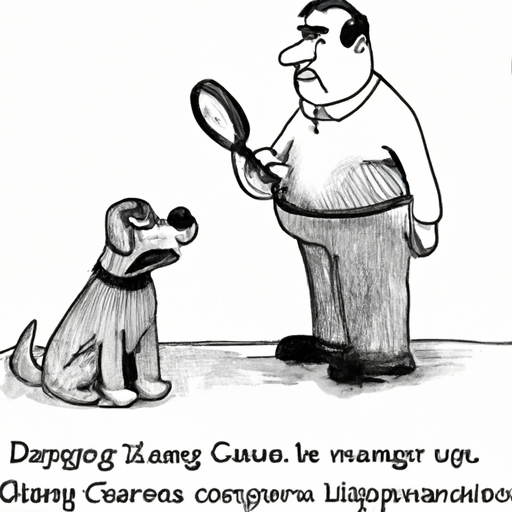Understanding Your Dog’s Eyes
You might have noticed that your dog’s pupils are often quite large. This is nothing out of the ordinary, but it’s an intriguing aspect of canine physiology. Like humans, dogs have pupils that can dilate and contract in response to light. However, there are several other factors that can also influence the size of your dog’s pupils.
The Role of Light and Darkness
Your dog’s pupils will naturally dilate in lower light conditions to allow more light to reach the retina, aiding in their night vision. This is a physiological response, similar to how your own eyes adjust to changing light conditions.
| Light conditions | Pupil response |
|---|---|
| Bright light | Pupils contract |
| Low light/Darkness | Pupils dilate |
Emotional Responses and Pupil Size
Your dog’s emotional state can also affect their pupil size. When they’re excited, scared, or anxious, their pupils may dilate. Conversely, when they’re calm and relaxed, their pupils might become smaller.
Health Concerns and Pupil Size
While it’s usually normal for your dog’s pupils to be big, there are times when dilated pupils could indicate a health issue. Some of these concerns include:
- Glaucoma
- Retinal diseases
- Brain damage or trauma
If you notice that your dog’s pupils are constantly dilated, or if they’re behaving unusually, it’s a good idea to take them to the vet for a check-up.
Helping Your Dog Maintain Healthy Eyes
To help maintain your dog’s eye health:
- Regularly check their eyes for redness, cloudiness, or discharge
- Protect their eyes from harsh light or foreign objects
- Ensure their diet is rich in antioxidants and vitamins
Frequently Asked Questions (FAQs)
Why are my dog’s pupils constantly dilated?
It could be due to low light conditions, emotional responses, or potential health issues. If you’re concerned, consult your vet.
Do dogs’ pupils dilate when they’re excited?
Yes, it’s common for dogs’ pupils to dilate when they’re excited, scared, or anxious.
What can I do to protect my dog’s eyes?
Regularly check their eyes, protect them from harsh light or foreign objects, and ensure they have a healthy diet.
Remember, as a caregiver, your dog’s health and wellbeing is your responsibility. Keep an eye on their eyes, and they’ll continue to see the world with joy and curiosity.



